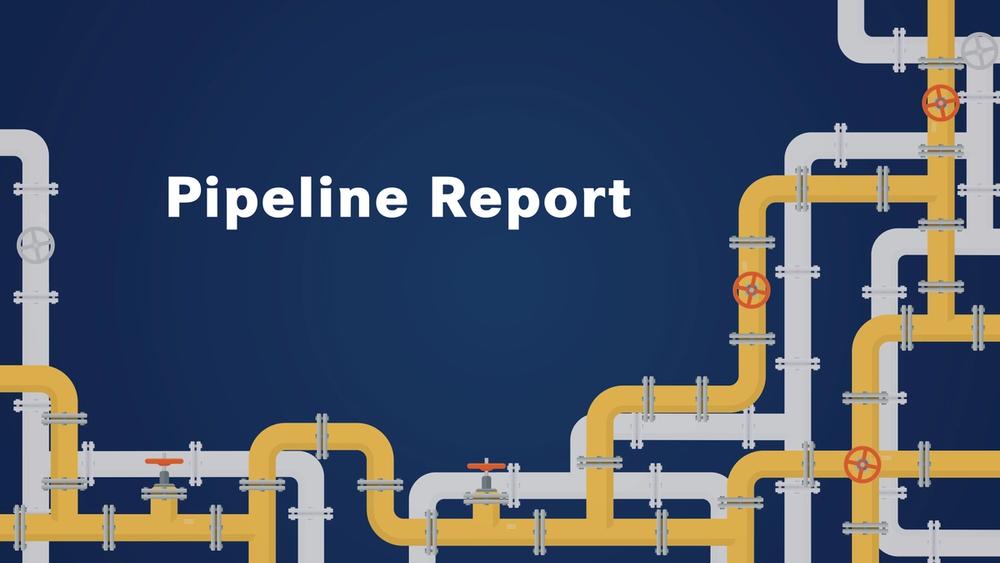
Sacituzumab Govitecan Under Further Exploration in Metastatic Urothelial Cancer

Sacituzumab govitecan will be further evaluated in patients with locally advanced unresectable or metastatic urothelial cancer that has progressed after prior platinum or checkpoint inhibitor therapy, as a part of the phase 3 TROPiCS-04 trial.
Sacituzumab govitecan-hziy (Trodelvy) will be further evaluated in patients with locally advanced unresectable or metastatic urothelial cancer that has progressed after prior platinum or checkpoint inhibitor therapy, as a part of the phase 3 TROPiCS-04 trial (NCT04527991).1
In April 2021,
Additional data from the trial showed that the ADC had a median duration of response (DOR) of 7.2 months (95% CI, 4.7-8.6), a median progression-free survival (PFS) of 5.4 months (95% CI, 3.5-7.2), and a median overall survival (OS) of 10.9 months (95% CI, 9.0-13.8).
Sacituzumab govitecan was found to be well tolerated, with a discontinuation rate of 6%. The most common grade 3 or higher adverse effects experienced with the agent were neutropenia (35%), leukopenia (18%), anemia (14%), diarrhea (10%), and febrile neutropenia (10%). These effects were managed with routine supportive care that comprised antidiarrheal, antiemetics, hydration, and growth factor support, as well as dose reductions or delays.
Previous findings from the phase 1/2 IMMU-132-01 trial (NCT01631552) showed that sacituzumab govitecan produced an ORR of 29% (95% CI, 16.4%-44.3%), a median DOR of 12.9 months (95% CI, 3.8-22.5), a median PFS of 6.8 months (95% CI, 3.6-9.7), and a median OS of 16.8 months (95% CI, 9.0-21.9).4
Continued approval of sacituzumab govitecan is contingent upon verification of clinical benefit in the confirmatory, global, multicenter, open-label, TROPiCS-04 trial, in which sacituzumab govitecan is being compared with physician’s choice of paclitaxel, docetaxel, or vinflunine in this patient population.
The study is enrolling patients who have locally advanced or metastatic urothelial cancer who have progressed on or experienced disease recurrence after platinum-containing chemotherapy and checkpoint inhibitor therapy. To be eligible for enrollment, patients need to have an ECOG performance status no higher than 1 and have previously received enfortumab vedotin (Padcev) or were not eligible or not able to tolerate the agent. Moreover, patients with stable brain metastases were permitted if they did not use more than 20 mg of prednisone for at least 7 days prior to the start of study treatment.
Patients could not have received prior anticancer treatment with a monoclonal antibody or an ADC with 4 weeks of day 1 cycle 1 of treatment, nor could they have received chemotherapy, targeted small-molecule therapy, or radiation therapy within 2 weeks of study treatment initiation. Moreover, patients could not have received prior chemotherapy with any standard of care included in the control arm.
Other exclusion criteria included having an active second malignancy, an active serious infection requiring anti-infective therapy, active interstitial lung disease or noninfectious pneumonitis, or the inability to tolerate or having an allergy to any potential physician’s choice treatment or sacituzumab govitecan.
Once enrolled, a total of 600 patients will be randomized 1:1 to receive either 10 mg/kg of sacituzumab govitecan on days 1 and 8 of every 21-day cycle, or physician's choice of treatment, which included 75 mg/m2 of docetaxel, 175 mg/m2 of paclitaxel, or 320 mg/m2 of vinflunine on day 1 of every 21-day cycle. Treatment will continue until the loss of clinical benefit or intolerable toxicity.
The primary end point of the study is OS. Secondary end points include ORR, PFS, DOR, and clinical benefit rate per investigator assessment and blinded independent central review using RECIST v1.1 criteria. Other secondary end points include quality of life and safety.
The trial will be conducted at approximately 280 study sites across 28 countries in North America, Europe, Asia, and Australia. Patient accrual began in January 2021.
References
- Vulsteke C, Grivas P, Tagawa ST, et al. TROPiCS-04: study of sacituzumab govitecan (SG) in patients (pts) with locally advanced (LA) unresectable or metastatic urothelial cancer (mUC) that has progressed after prior platinum (PLT) and checkpoint inhibitor (CPI) therapy. J Clin Oncol. 2022;40(suppl 6):TPS582. doi:10.1200/JCO.2022.40.6_suppl.TPS582
- FDA grants accelerated approval to sacituzumab govitecan for advanced urothelial cancer. News release. FDA. April 13, 2021. Accessed May 18, 2021.
https://bit.ly/3tgxmgy - Tagawa ST, Balar AV, Petrylak DP, et al. TROPHY-U-01: a phase II open-label study of sacituzumab govitecan in patients with metastatic urothelial carcinoma progressing after platinum-based chemotherapy and checkpoint inhibitors. J Clin Oncol. 2021;39(22):2474-2485. doi:10.1200/JCO.20.03489
- Bardia A, Messersmith WA, Kio EA, et al. Sacituzumab govitecan, a Trop-2-directed antibody-drug conjugate, for patients with epithelial cancer: final safety and efficacy results from the phase I/II IMMU-132-01 basket trial. Ann Oncol. 2021;32(6):746-756. doi:10.1016/j.annonc.2021.03.005






































